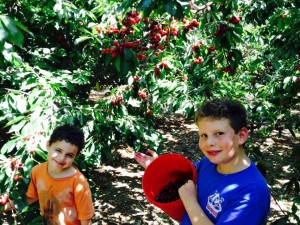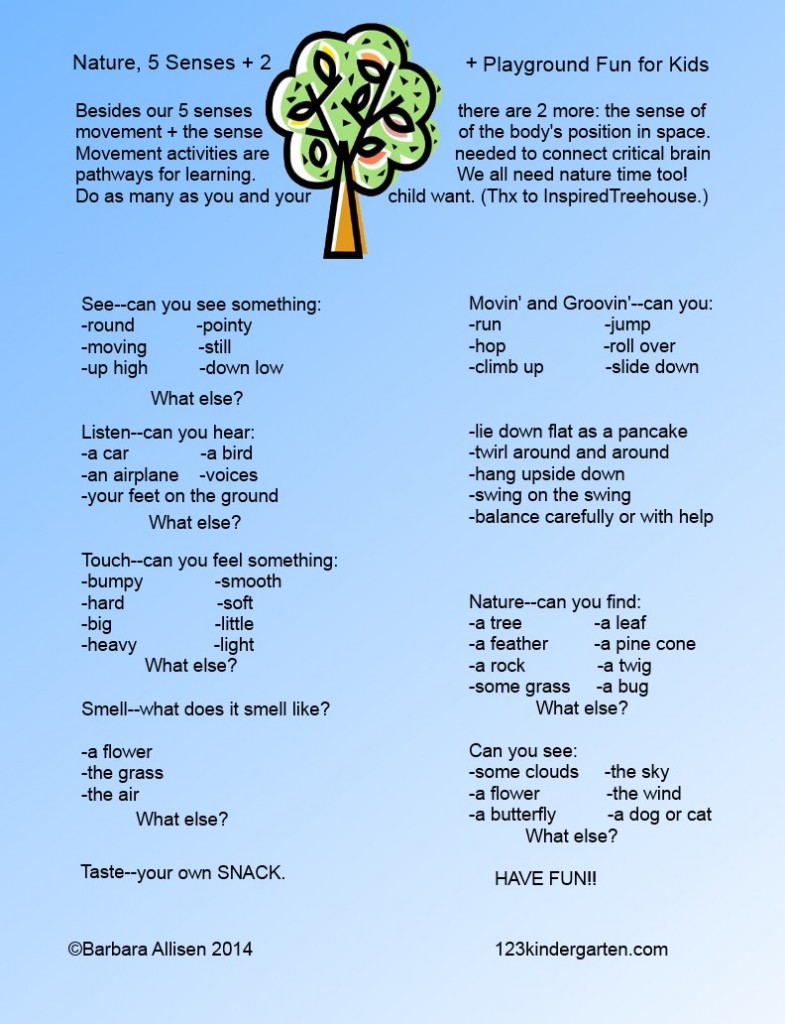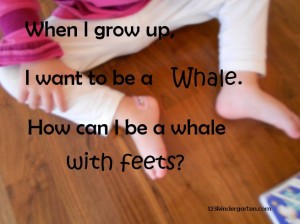How can I help my child with early learning?
Where will I find the time?
As a parent, you have probably heard how you are your child’s first teacher and just as probably wondered how you would ever find the time for helping with early learning. Is your to-do list already too long? And your day already too full? There are time-saving ways to support children’s learning and development; here are some photos and words to ‘show-and-tell’ how.

A friend of mine took her 2 kids along with her to pick some cherries. Including kids with activities that we are already doing is powerful for learning. Plus, the learning can be customized for different ages. As the kids were picking, they were using sorting and decision-making strategies. Some cherries would be ready and some not, so they had to sort out the ripe or not ripe, and then make a choice based on the information. In a way, the kids were ‘reading’ the clues for ripeness. Using feedback is a thinking strategy. In this case the berries themselves provided that as the kids assessed what berries were better to pick than others. There was likely some sampling for taste, but there was also focus. If attention did wander, the trees didn’t holler but made their point in other ways.
Think of the specialized vocabulary: ripe, juicy, sweet, pit, orchard, blossom, harvest, prune, branch, support, trunk, base, and other words. There was definitely science and the hands-on experience of one stage of the life-cycle. Math, too: “How many cherries did you eat?” Perhaps, the kids estimated how many cherries were in a pail or bucket. When it came time to pay, there was the price per pound multiplied by the number of pounds. Science (mass or weight) and math (the numbers) combined. The social skills of working together were part of the activity as well as the emotional satisfaction of accomplishment. A connection to nature is so obvious we almost don’t notice it.
That’s only a few pieces of the learning–and the fun. What can seem like work to us, can seem like an adventure to kids. Are there some ways you can include your kids in what you are doing and support their fun and learning at the same time?


